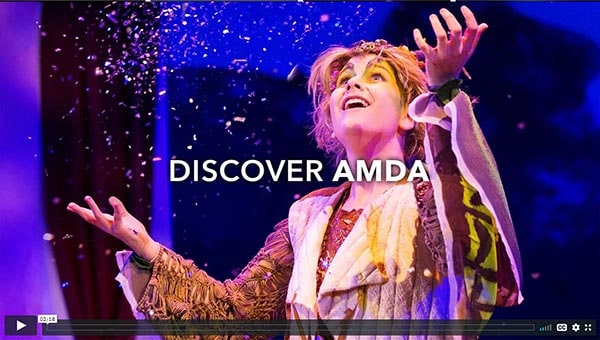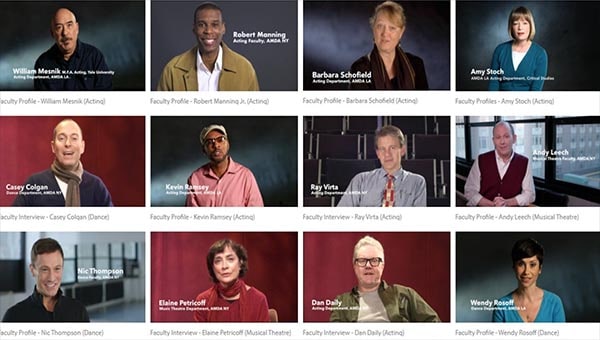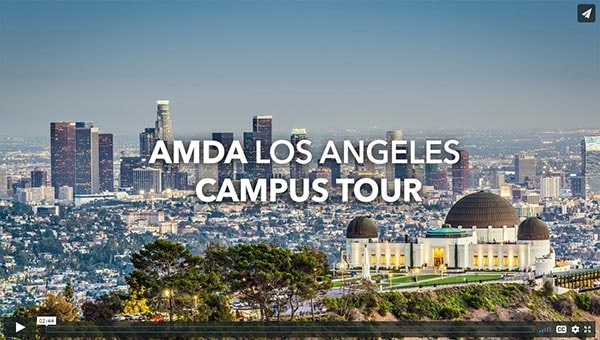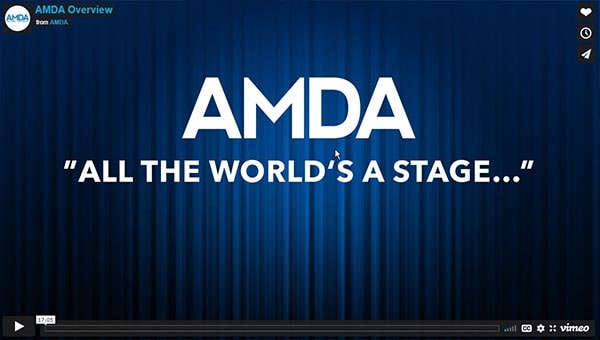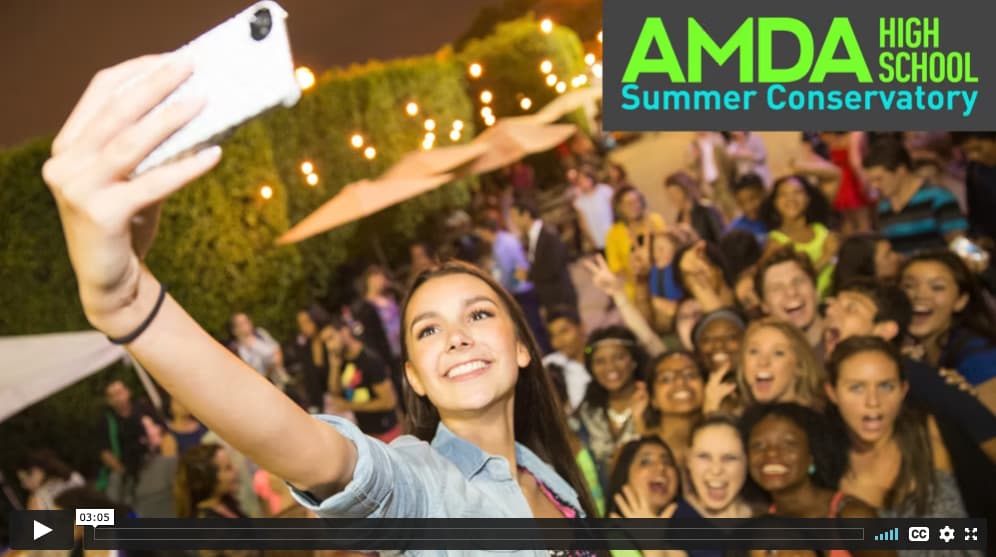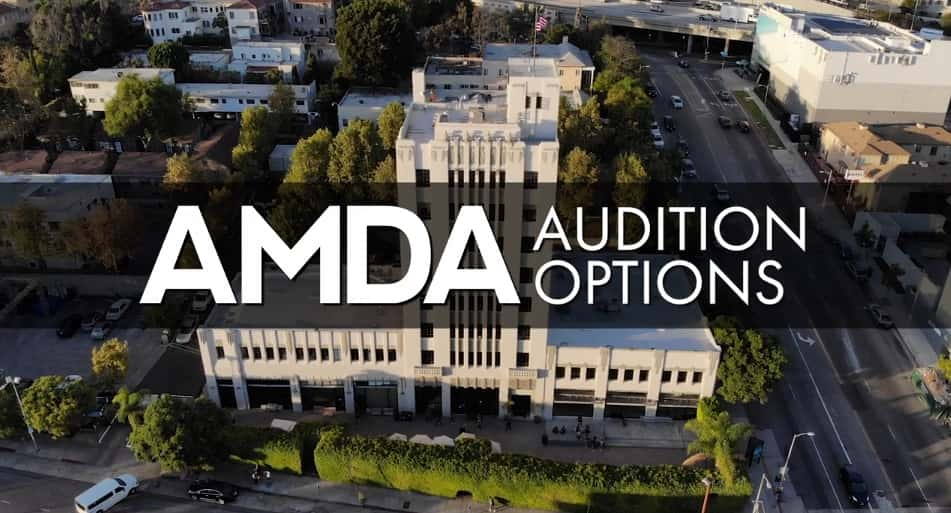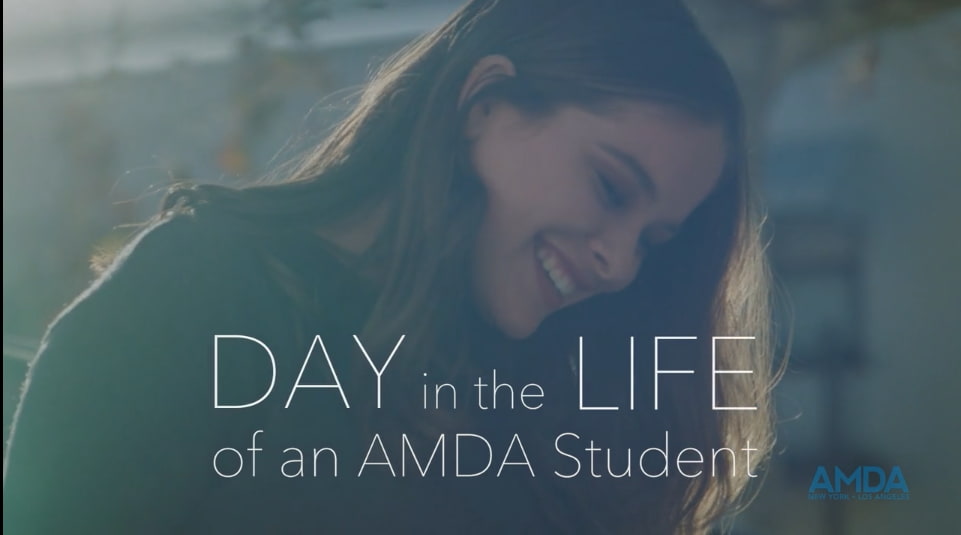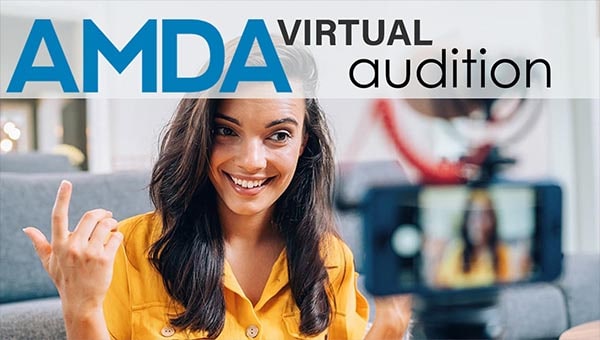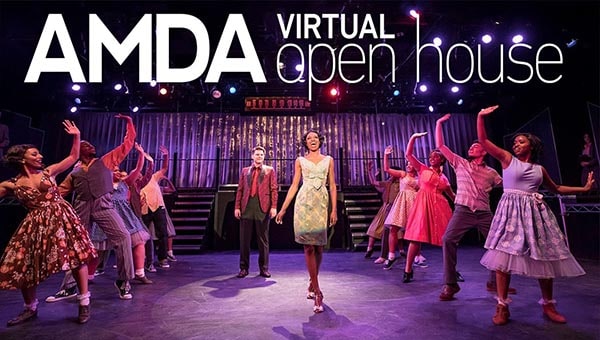Undergraduate Degree for training across ALL performing arts disciplines with a concentration in Music Theatre.
-
- Offered on the Los Angeles Campus (See Integrated Certificate to BFA for NY Campus Option)
- Accelerated Option Allows for Degree Completion in 2.5 years
- Access to AMDA’s Mainstage Production Opportunities
- Culminates in an Original Showcase Production in Los Angeles
Apply
Now
Request
Info
Program Description +−
The BFA Performing Arts (Music Theatre) Degree Program is designed for students who desire performance training in a variety of disciplines. Students are accepted into the Music Theatre concentration as the focus for their program. After building a central foundation of skill sets within Music Theatre, students, based on individual interests, have opportunities to pursue coursework in additional areas of concentration. Advanced courses emphasize career preparation, networking, audition techniques, and cultivating an entrepreneurial spirit. The intensive performance-based training is blended with a range of academic-based studies. A wide array of performance opportunities enhances the scope of the program. The program's rich breadth of curriculum helps prepare students to compete within the entertainment industry's ever-changing landscape.
Program Learning Outcomes +−
Students completing the BFA Performing Arts (Music Theatre) program should be able to:
-
- Demonstrate well-rounded development in the performing arts, including critical thinking skills, advanced-level skills in performing arts, and enhanced creativity.
- Work effectively in groups to create theatrical moments or events and solve production problems.
- Demonstrate, across the various sub-fields, skills in personal discipline (organization, focus, energy, commitment), effectively applied to theatrical problem-solving and the creation of theatrical moments and events.
- Formulate constructive critical responses to theatrical phenomenon.
- Demonstrate comprehension and application of make-up techniques and materials.
- Apply business practices to the promotion and maintenance of a sustainable career within the performing arts and performing arts adjacent industries.
- Demonstrate well-rounded development in the performing arts, including critical thinking skills, advanced-level skills in performing arts, and enhanced creativity.
- Utilize appropriate interpretation in performing compositions from a variety of historical styles and periods.
- Compare different theatrical forms, aesthetic values, or cultural contexts as a way of deepening technical skills and expanding awareness of what is theatrically possible.







